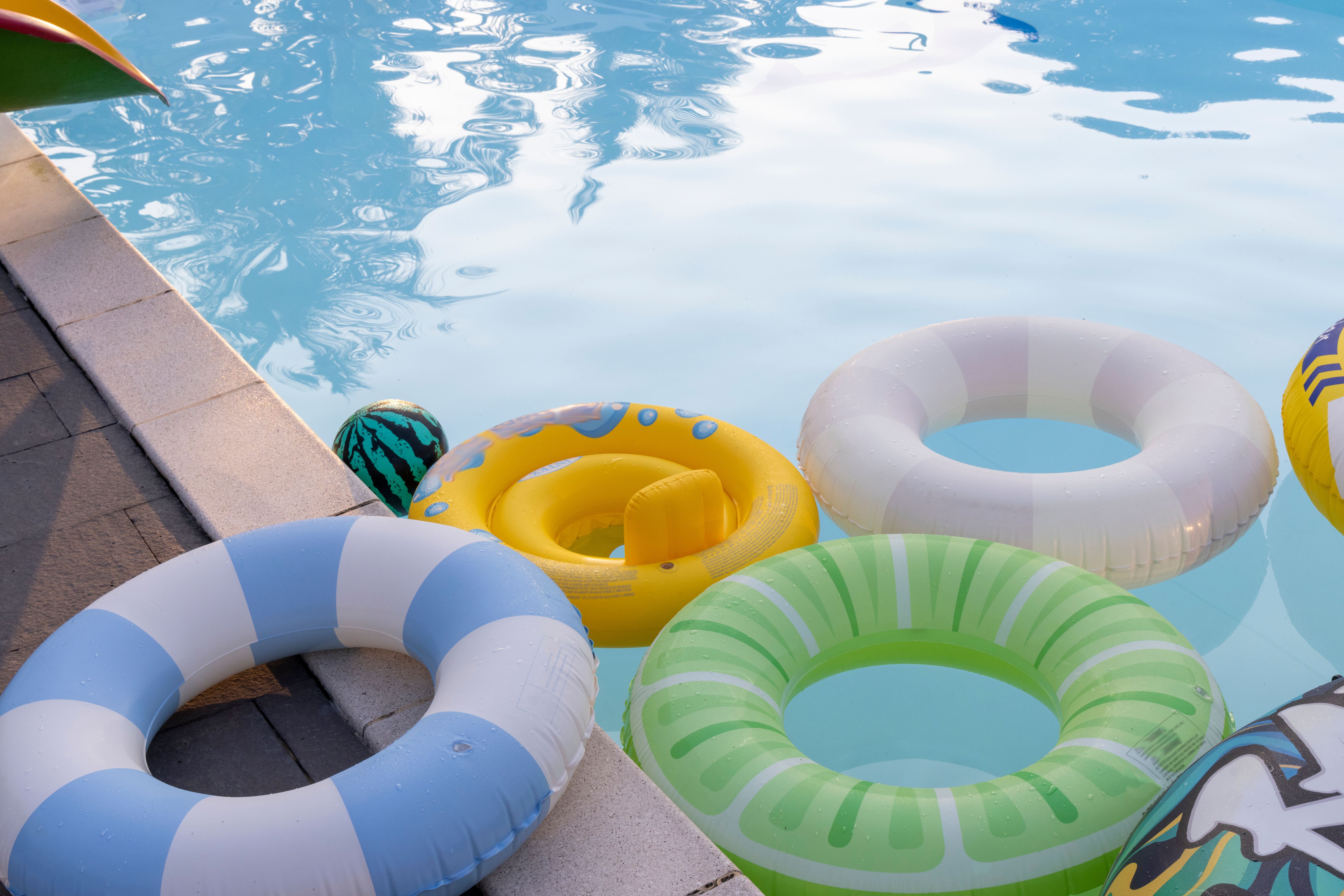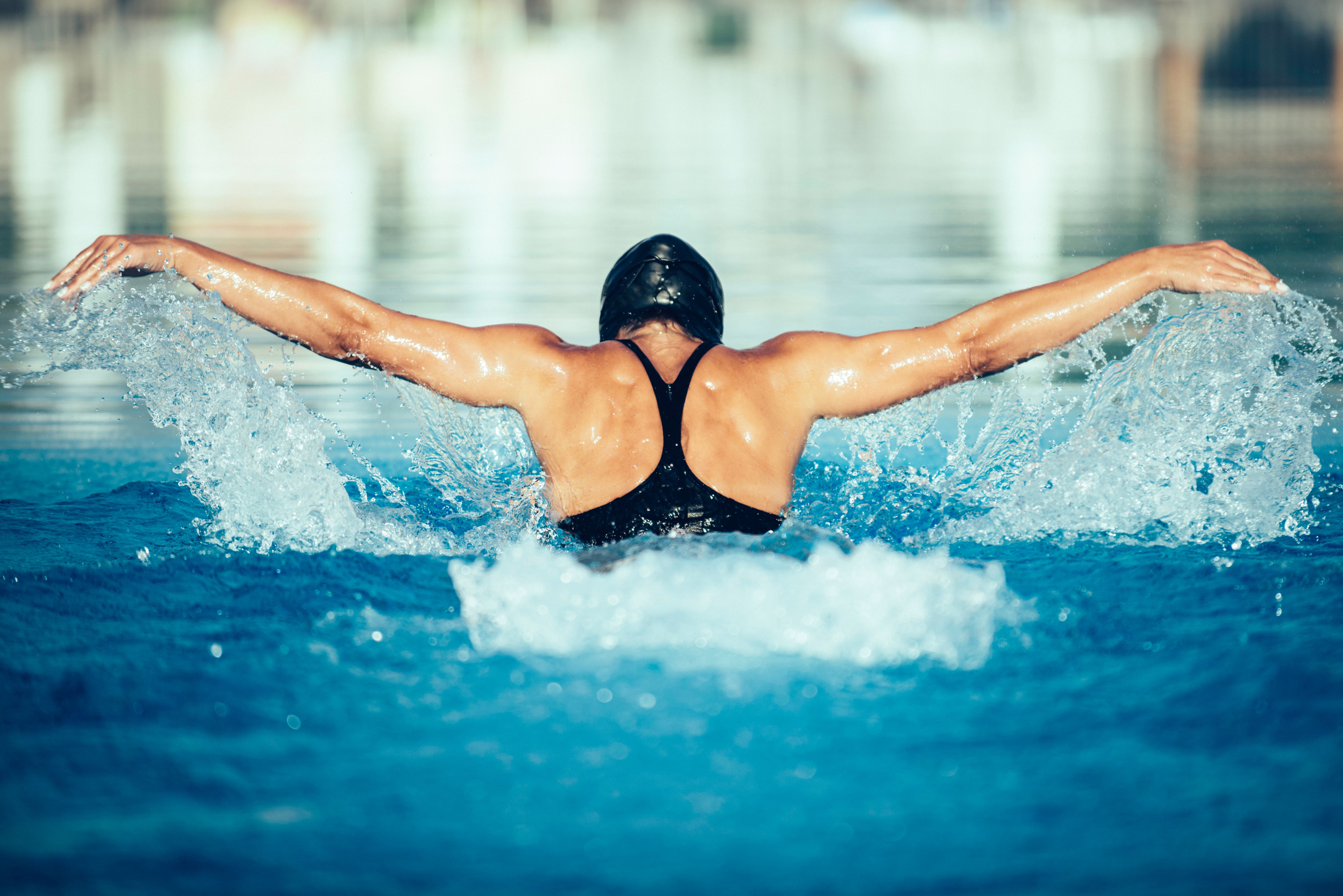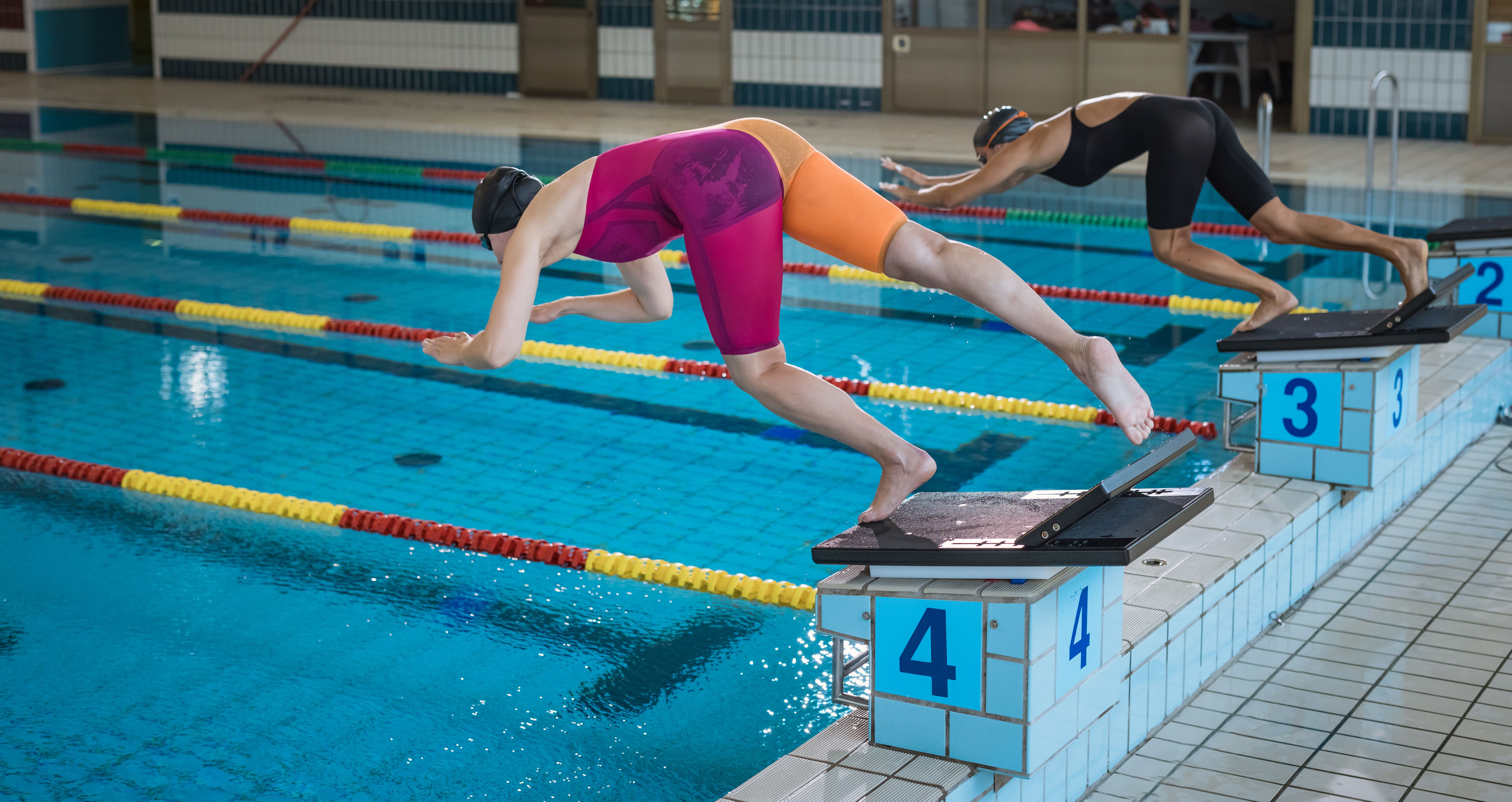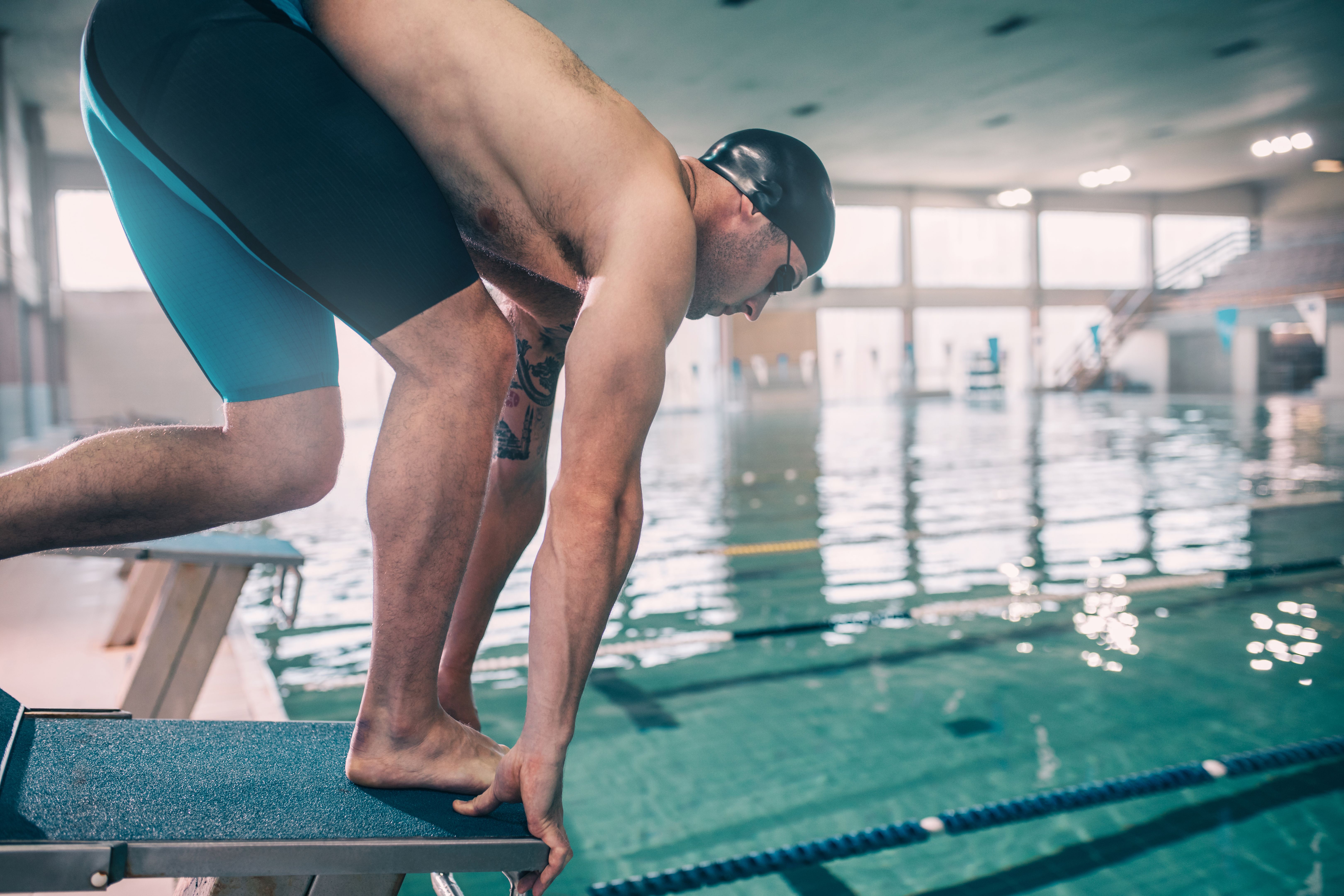Mastering Your Swimming Technique: Expert Tips
Understanding the Basics of Swimming
Swimming is not just about moving through water; it's about mastering a combination of techniques that allow you to glide efficiently. Whether you're a beginner or a seasoned swimmer, understanding the basics is crucial. Focus on your body position, breathing, and kick. Maintaining a streamlined body position reduces drag, making it easier to move through water.

Perfecting Your Breathing Technique
Breathing is integral to swimming efficiently. Many swimmers struggle with timing their breaths correctly, which can disrupt their rhythm. Practice breathing to both sides to balance your stroke and improve your lung capacity. Remember to exhale completely underwater and inhale quickly when you turn your head to the side.
Enhancing Your Stroke
Your stroke technique can significantly impact your speed and efficiency in the water. To enhance your stroke, concentrate on these elements:
- High Elbow Catch: Engage your lats early in the stroke for more power.
- Finish Strong: Push all the way through to your hips for maximum propulsion.
- Consistent Rhythm: Maintain a steady cadence to conserve energy over longer distances.

Improving Your Kick
Your kick should be a steady and supportive force that aids your overall swimming. Many swimmers overkick, which leads to exhaustion without much speed gain. Focus on small, rapid kicks from your hips, keeping your legs straight but relaxed. This technique helps maintain balance and propulsion without unnecessary effort.
Utilizing Drills for Technique Refinement
Incorporating drills into your training routine can help refine your technique and enhance muscle memory. Try these drills:
- Catch-up Drill: Focuses on hand entry and body rotation.
- Kicking with a Board: Isolates your kick to build strength and endurance.
- One-arm Drill: Helps improve arm extension and body alignment.

Building Endurance
Endurance is key for long-distance swimming. To build endurance, gradually increase the distance you swim during each session. Implement interval training by alternating between high-intensity sprints and moderate-paced laps. Consistency is crucial, so ensure you swim regularly to build stamina over time.
Tuning Your Mental Game
Swimming is as much a mental challenge as it is physical. Set realistic goals and visualize your swim to prepare mentally. Use positive self-talk and focus on one technique improvement per session to avoid feeling overwhelmed. Remember, patience and perseverance are essential for mastering any skill in swimming.

The Importance of Rest and Recovery
Rest and recovery play a vital role in improving your swimming technique. Overtraining can lead to burnout and injuries, so listen to your body. Ensure you get adequate sleep, stay hydrated, and incorporate stretching or yoga into your routine. This approach helps maintain flexibility and prevents muscle fatigue.
By integrating these expert tips into your practice, you'll be well on your way to mastering your swimming technique. Whether you're aiming to compete or simply improve for personal satisfaction, remember that progress takes time and dedication.
Get professional help improving your technique with lessons today.
